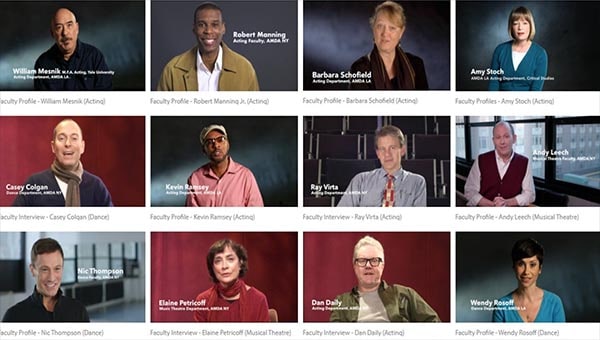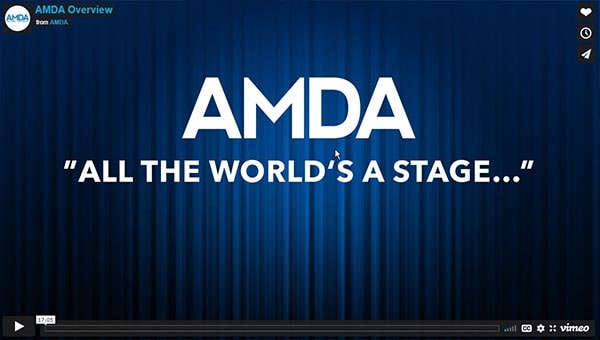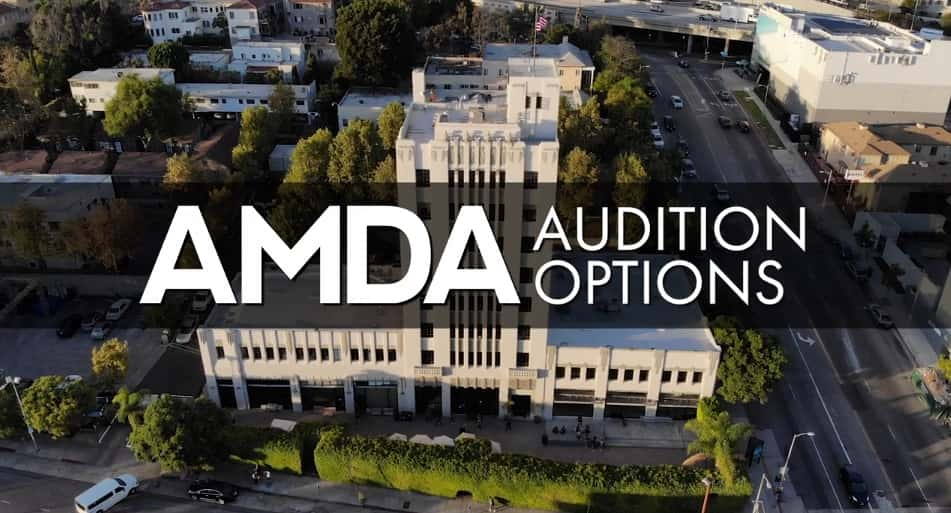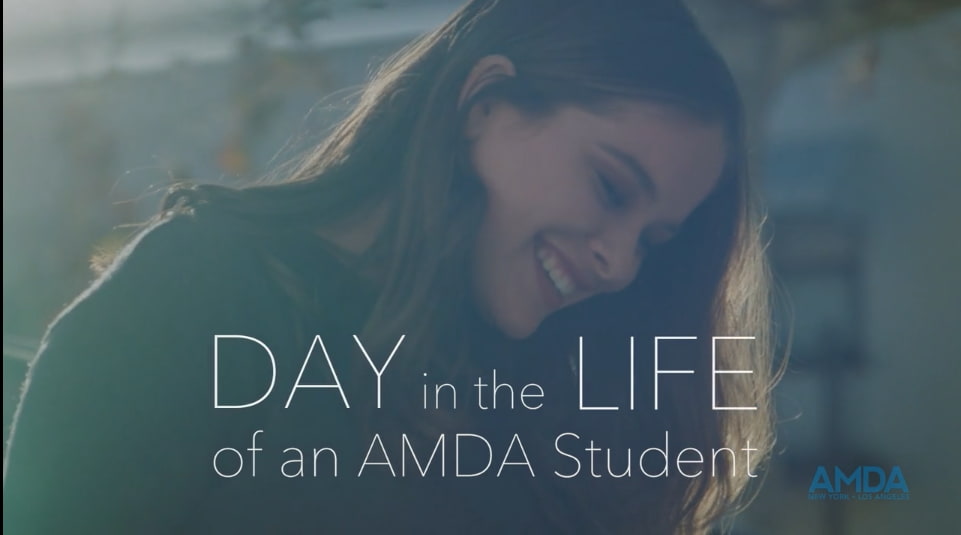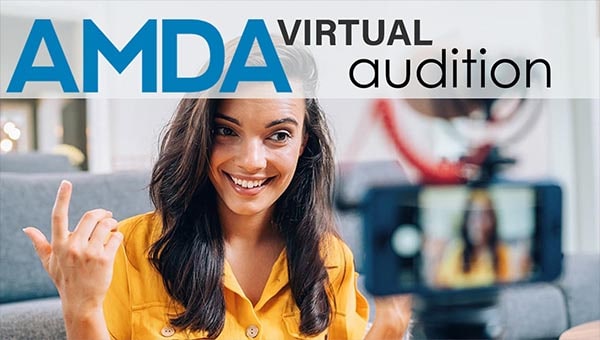Program Description +−
The Bachelor of Fine Arts Degree in Film and Television Arts: Acting for Camera program offers a wide range of training for film, television, stage and new media, with many opportunities for production and performance experience. The specially tailored curriculum includes essential training in scene study, acting for camera, improvisation, stage combat, screenwriting, film studies, and filmmaking and production. As preparation for transitioning from student to professional performing artist, final courses include Industry and Networking, Sample Performance Reels, Audition Preparation, Film Projects and a Capstone Production blending live stage and on-camera performances. This BFA Degree program helps prepare students to launch their careers as actors and artistic visionaries.
Program Learning Outcomes +−
Students completing the BFA Film and Television Arts: Acting for Camera program should be able to:
-
- Create convincing, compelling characters performed with vocal, physical, and emotional specificity.
- Demonstrate the use of objectives, obstacles, actions, subtext, and text.
- Speak in a supported manner, free of tension and appropriate for the demands of film and television.
- Stand and move utilizing an aligned spine, free of unintended physical tension and mannerisms.
- Apply historical insights and critical analysis to the performance of a screenplay from a variety of periods, styles, and genres.
- Apply standard entertainment industry business practices regarding preparation, communication, and professionalism.
- Engage in a collaborative production process.
- Develop original projects within the paradigm of the film and television industry.
- Demonstrate technical knowledge of equipment and processes used for filmmaking, including pre-production, production and postproduction elements.








